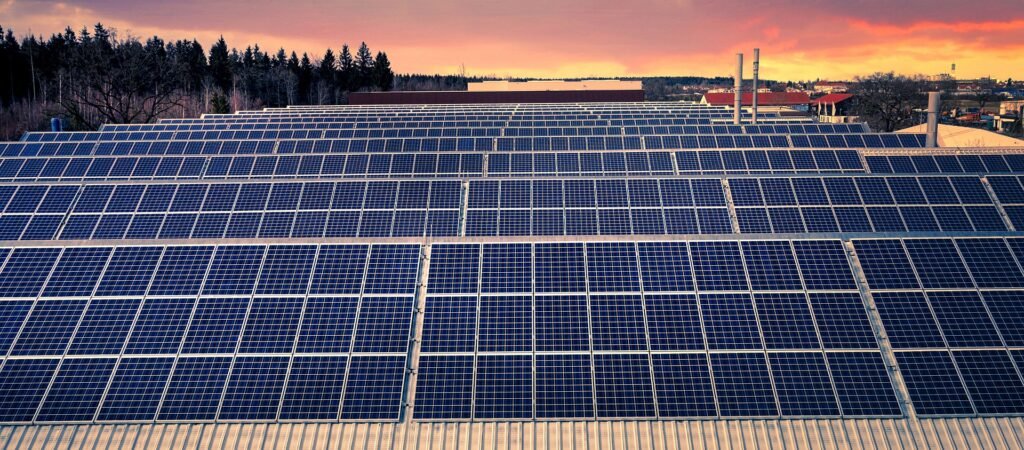On April 15, 2024, the Vietnamese government publicized Draft Decree Governing Direct Power Trading between Renewable Energy Power Producers and High-Volume Power Users (hereinafter referred to as “the Draft”). The Draft stipulates a mechanism for trading of electricity derived from renewable energy sources through dedicated transmission lines and the national grid. “Renewable energy power producers” are businesses that own solar or wind power plants. Although the country has discussed the connection of renewable energy power generated to the national grid to date, the proposed usage of dedicated transmission lines is highlight of the Draft, attracting significant attention from the industrial sector.
The following rules are proposed for direct electricity trading between renewable energy power generators and high volume electricity users.
| Items | Dedicated power lines | National power grid |
|---|---|---|
| Requirements for renewable energy power producers |
|
|
| Requirements for High-Volume Power Users |
※ There are no restrictions on electricity production capacity, connection voltage, purpose of use, etc. for power producers and users. |
|
For electricity trading, when dedicated transmission lines are used, power producers and power users must execute contracts and notify the competent Bureau of Industry and Trade. On the other hand, when the national grid is used, in addition to the contract between the power producers and the power users, an application for participation in power trading mechanism must be made directly to the host agency of the national power system and power trading market. This application procedure is set forth in Article 24 of the Draft. In addition, the format of the power trading contract shall be as stipulated in Annex 1. The prices of traded electricity will be published to the host agencies of the national power system and electricity trading market in accordance with the Regulations for the Operation of the Wholesale Electricity Market of the Ministry of Industry and Trade (MOIT).
Draft Decree on Private Rooftop Solar Power Generation
In addition, on the same day, the MOIT also released Draft Decree on Promoting Rooftop Solar Power Generation for Private Generation and Consumption, which is undergoing public consultation. This draft decree covers only development of rooftop solar power generation intended only for onsite use, not for sale to external entities or individuals. It means that solar developers who participate in the direct power trading described above are not covered by this scheme. The proposed rules for rooftop solar facilities are as follows.
- Organizations and individuals may choose whether or not to connect their rooftop solar surpluses to the national grid. If connected to the grid, the host operator will have to provide any surplus generated electricity free of charge. (This provision is also proposed in the Draft Decree Governing the Development of Rooftop Solar Power Generation, which was published by MOIT on December 6, 2023.)
- When rooftop solars for on-site generation and consumption are connected to the national grid, the total generating capacity must not overload the regional grid. If the total capacity exceeds 500 kWp*, connection to a remote control system and a regional power control center is required. On the other hand, if not connected to the national grid, priority will be given to the development of rooftop solars with unlimited capacity.
(*) kWp: kilowatt peak. (Unlike thermal or nuclear power generation, the amount of electricity generated by solar power varies greatly depending on weather and other meteorological conditions. Therefore, in solar power generation, standard conditions are defined and the maximum amount of electricity that can be generated under those conditions is used as a guide for generating capacity.)
It should be noted that it is required for rooftop solar power generation for on-site generation and consumption to submit an application to the local Bureau of Industry and Trade, whether or not connected to the national grid. The format of the application form shall be in accordance with Annexes 01 and 02 of this draft decree.
The original text of each draft decree can be downloaded from the following URL.
- Draft Decree Governing Direct Power Trading between Renewable Energy Power Producers and High-Volume Power Users
https://chinhphu.vn/du-thao-vbqppl/du-thao-nghi-dinh-quy-dinh-ve-co-che-mua-ban-dien-truc-tiep-giua-don-vi-phat-dien-nang-luong- tai-6461 - Draft Decree Governing the Development of Rooftop Solar Power Generation
https://moit.gov.vn/tin-tuc/thong-bao/lay-y-kien-du-thao-nghi-dinh-quy-dinh-ve-co-che-chinh-sach-khuyen-khich-phat-trien-dien-mat- troi-mai-nha-tu-san-tu-tieu.html
 Vietnam unveils draft regulations on renewable energy trading
Vietnam unveils draft regulations on renewable energy trading 

























